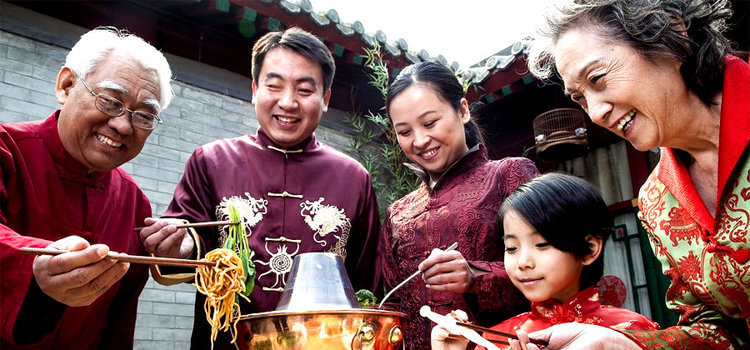Getting older is not just a physiological process, it is also a cultural one.
Different cultures have different beliefs and customs regarding aging and death, and these cultural paradigms can have a huge impact on our experience of aging.
While many cultures celebrate getting older and revere their elders, in western culture – aging may be viewed as a shameful experience. While our culture tries to combat the negative associations having to do with growing older, elder abuse or neglect is still quite common. Physical signs of aging are often portrayed negatively in mainstream culture with a slew of products claiming to “reverse the signs of aging.” This is not the case in many other countries around the world.
Cultures That Highly Value the Elderly
Korea
The Korean regard for aging is based on the Confucian principle of filial piety, a fundamental value that one must honor one’s parents. Younger people have an obligation to care for the aging members of the family. Even outside the family, Koreans are taught to respect and show deference to older people as well as those in authority.
China
Chinese families traditionally view filial piety and honor for one’s elders as the highest virtue. Although western influence has reduced the power of these values in some cities, adult children are still expected to care for their parents in their old age.
“Placing your parents in retirement homes will see you labeled as uncaring or a bad son,” Beijing resident Zhou Rui told China.org. “To abandon one’s family is considered deeply dishonorable.”
India
Most Indians live in joint family units, with the elders acting as the head of the household. The elders play a crucial role in raising their grandchildren.
“Advice is always sought from them on a range of issues, from investment of family money to nitty-gritties of traditional wedding rituals and intra-family conflicts. And this is not just passive advice; their word is final in settling disputes,” Achyut Bihani wrote in Slate. “The elderly are often the most religious and charitable members of the family.”
Disrespecting the elders of the family or sending them to an old-age home has a social stigma in India, Bihani adds.
A Step in the Right Direction
The recently passed, Florida House Bill 1059 (HB 1059) – Exploitation of a Vulnerable Adult: creates a civil cause of action for an injunction to prohibit a person from exploiting a vulnerable adult. The bill allows courts to grant a temporary injunction if the following conditions are met:
- The vulnerable adult is a victim of exploitation or the court believes that the vulnerable adult is in imminent danger of becoming a victim of exploitation;
- There is a likelihood of irreparable harm and there is not an adequate remedy in law;
- There is a substantial likelihood of success, based on the merits of the case;
- The threatened injury to the vulnerable adult outweighs possible harm to the respondent; and
- Granting of a temporary injunction will not harm the public interest.
While HB 1059 goes a long way to protect vulnerable adults (typically the elderly), at OC Estate & Elder Law, we believe the elderly community should not only be protected, but cherished and valued. We tailor our practice to meet the legal needs of the elderly. Contact OC Estate and Elder Law at (954) 251-0332 or info@ocestatelawyers.com to learn more about how we can serve your legal needs.

